Services & Patient Information
Cardiac Arrhythmia Ablation

Atrial Fibrillation (AF) Ablation
Atrial fibrillation ablation is a procedure used to treat irregular heart rhythms originating in the atria. It involves using energy to create controlled scar tissue in areas responsible
PATIENT INFORMATION
Atrial Flutter Ablation
Ablation for atrial flutter involves targeting a specific area of the right atrium, typically the cavotricuspid isthmus, to interrupt the abnormal electrical circuit causing the arrhythmia.
PATIENT INFORMATION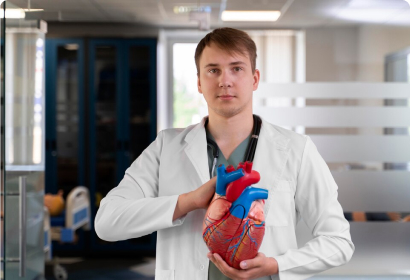
Supraventricular Tachycardia (SVT) Ablation
SVT ablation treats rapid heart rhythms originating above the ventricles by destroying small areas of tissue responsible for arrhythmia.
PATIENT INFORMATION
Premature Ventricular Contraction Ablation
VT ablation is performed to treat life-threatening arrhythmias arising from the ventricles, often in patients with structural heart disease or prior
PATIENT INFORMATION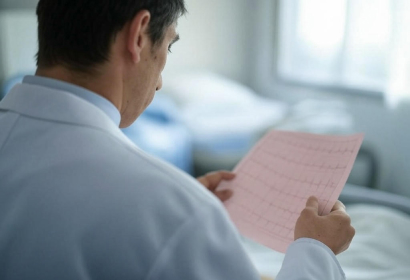
Ventricular Tachycardia (VT) Ablation
VT ablation is performed to treat life-threatening arrhythmias arising from the ventricles, often in patients with structural heart disease or prior
PATIENT INFORMATIONCardiac Device Implantation
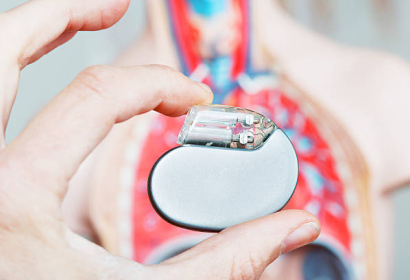
Pacemaker
A pacemaker is a small device implanted under the skin to help regulate slow heart rhythms by delivering electrical impulses to stimulate the heart.
PATIENT INFORMATION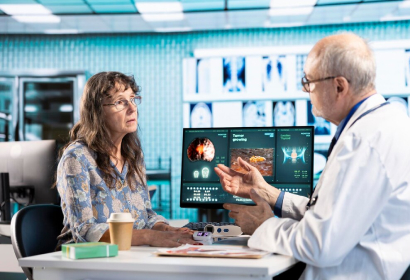
Conduction System Pacemaker
This specialized pacemaker directly stimulates the heart’s conduction system, aiming for a more physiologic and natural contraction of the heart.
PATIENT INFORMATION
Leadless Pacemaker
A leadless pacemaker is a self-contained device implanted directly inside the heart without the need for wires, offering a minimally invasive alternative for select patients.

Implantable Cardioverter Defibrillator (ICD)
ICDs monitor heart rhythms and deliver shocks to correct life-threatening arrhythmias. There are three main types:
PATIENT INFORMATION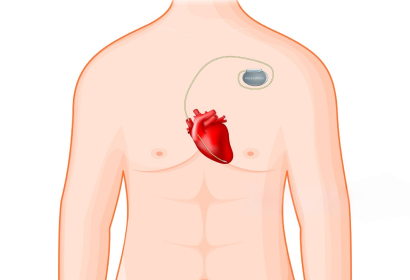
Cardiac Resynchronization Therapy (CRT)
CRT is used for patients with heart failure and conduction delays to improve heart function. There are two types:
PATIENT INFORMATIONGenetic Arrhythmia
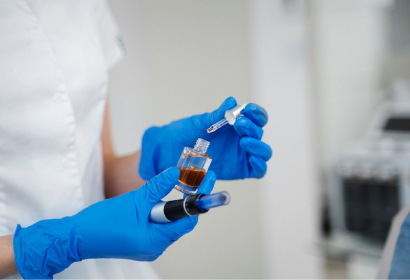
Drug Infusion Studies
These studies are conducted to assess how a patient’s heart responds to specific medications that can unmask inherited arrhythmic syndromes, aiding in diagnosis and risk

Genetic Testing
Genetic testing identifies mutations associated with inherited arrhythmia syndromes, helping guide diagnosis, treatment, and family screening for at-risk relatives.
